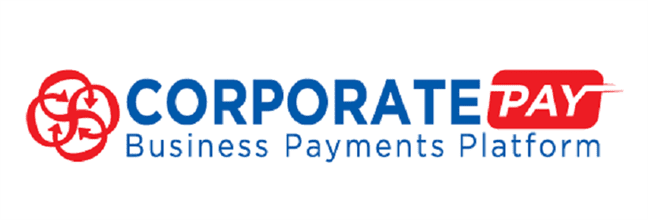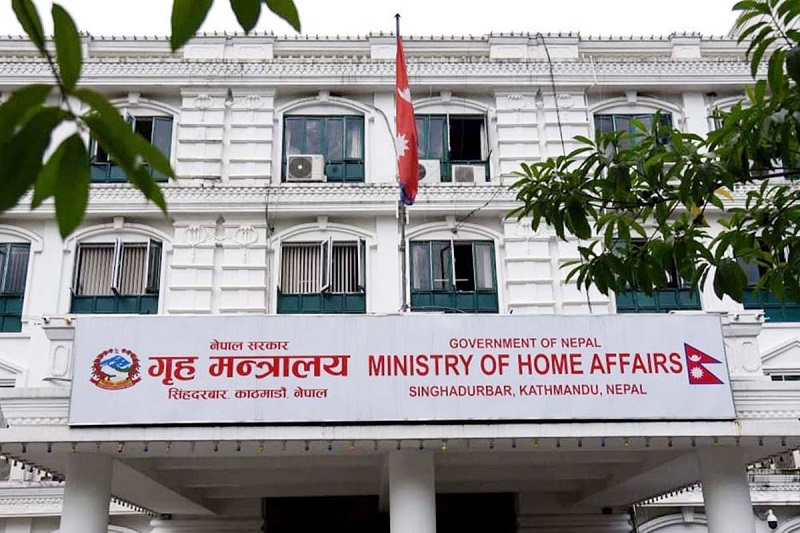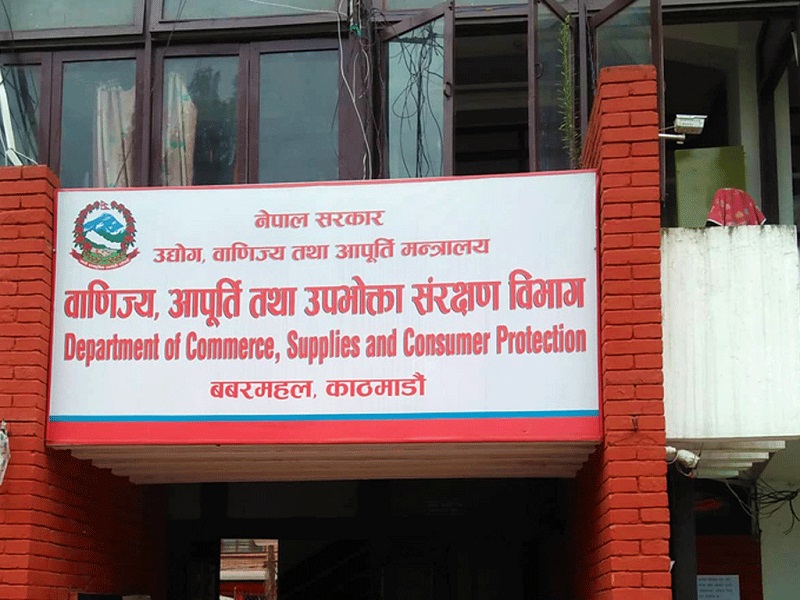Nepal Clearing House Transactions in CORPORATEPAY Crosses 200 Billion
19th January 2023, Kathmandu
The transactions in CORPORATEPAY during the current fiscal year until the end of Poush 2079 have reached NRs 202 Billion in settlement value.
It was only NRs 190.5 Billion during the entire fiscal year 2078/79. The usage and acceptability of CORPORATEPAY, as the primary channel for B2B payments by businesses and institutions, has considerably increased, which has helped grow the transactions by over two folds.
The platform is currently being used by over 6,100 institutional customers of the over 44 BFIs. It provides businesses to initiate and process their fund transfers, Government tax payments, salary payments, EPF/CIT/SSF payments, vendor & party payments, and other service payments.
Other additional services available are bulk payments for utility & creditor payments including Beema Samiti license renewal, Nepal Oil Corporation, Social Security Fund, Citizen Investment Trust, Employee Provident Fund, Department of Customs, Employee Provident Fund, etc.
The platform allows to use it as a single channel to enroll and manage multiple bank accounts along with their services. It has enabled the corporates for their fund management and receivable management.
The transactions from CORPORATEPAY can be processed in real-time through retail payment switch (RPS) or as batch-based through NCHL-IPS, corresponding to which the transaction limits vary up to NRs 20 lakh in RPS and up to NRs 20 Cr in NCHL-IPS. For additional security, the system can be used over the secured network with multi-factor authentication and authorization.
The account operating mandates based on the bank account, amount, or transaction types can be set for a higher level of control and risk management by the corporates.
Corporates and business enterprises can easily initiate an online registration process from the corporatepay.connectips.com website, from where a company can submit its details for registration, assign hierarchical roles of the users, select the bank account details, and complete a one-time online process.
The respective bank will then do one-time approval for activating the corporate and its users, based on the documents submitted or available with the bank. The banks can also enroll their institutional customers on a manual basis.







